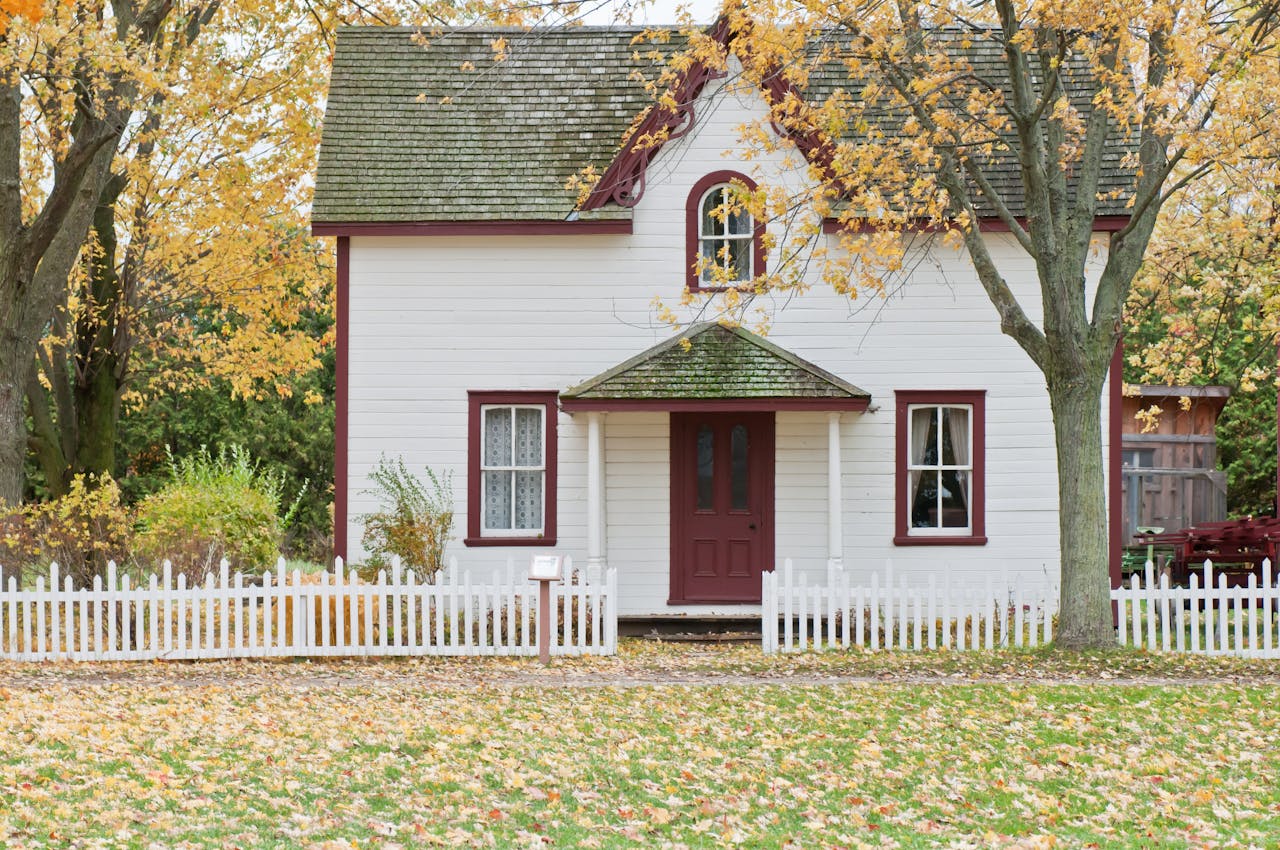Across the United States, owning property means stepping into a maze of rules that reach far beyond mowing schedules and mortgage bills. Legislatures, neighbors, and old court fights have carved specific boundaries around laundry lines, gardens, livestock, graves, water barrels, and short term rentals. Some rules quietly guard daily habits; others feel oddly precise, like inside jokes written into law. Together, they show how strongly communities care about what happens on both sides of every fence, and how personal land truly feels.
Right To Dry: Clotheslines Protected
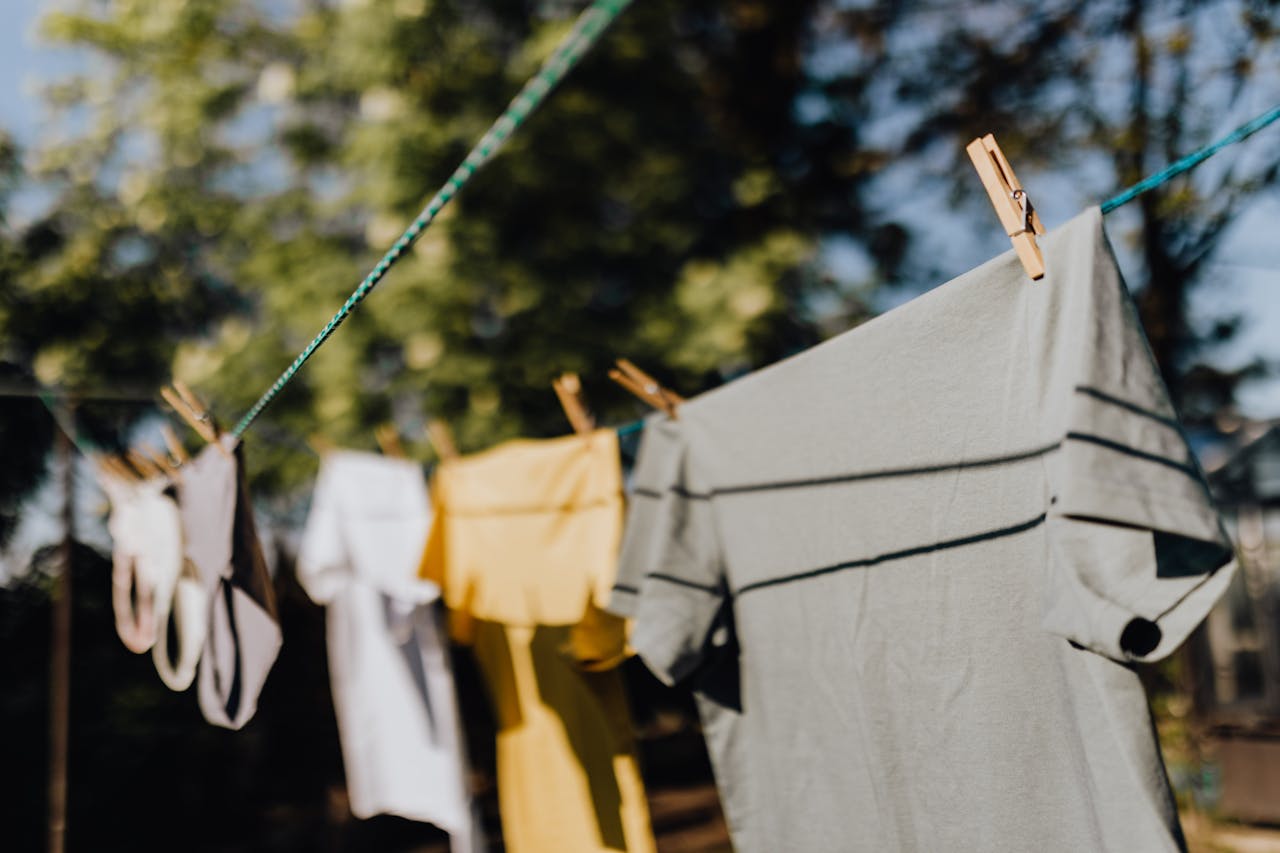
Several states now protect a homeowner right to hang laundry outdoors, even when boards or landlords dislike the look. The rule links energy savings with basic control over a yard or balcony, turning a simple habit into a small legal freedom. It grew out of quiet fights over image and property values, and it now signals that everyday life on private land should not be scripted by someone else. The stakes seem small, yet the principle lands.
Right To Garden In The Front Yard

Florida and Illinois now shield front yard vegetable gardens, blocking blanket bans that once favored empty lawns over food. The change treats tomatoes, herbs, and flowers as legitimate uses of a lot, not clutter to be punished. It encourages families to claim soil, stretch grocery budgets, and support pollinators in full view of the street while staying within basic safety and height rules. In a country arguing over cost and control, that protection feels pointed and practical.
Colorado’s Careful Rules On Rain Barrels

Colorado once treated rooftop runoff as already spoken for, turning simple rain barrels into a legal problem. Updated rules now let many households collect a limited amount for outdoor use without heavy permitting, while keeping strict caps to respect downstream rights. The specific gallon limit looks oddly fussy at first glance. Then it reads as a compromise between old water doctrine and modern conservation, with every neat barrel serving as a tiny civics lesson against a dry backdrop.
Solar Panels Versus The HOA
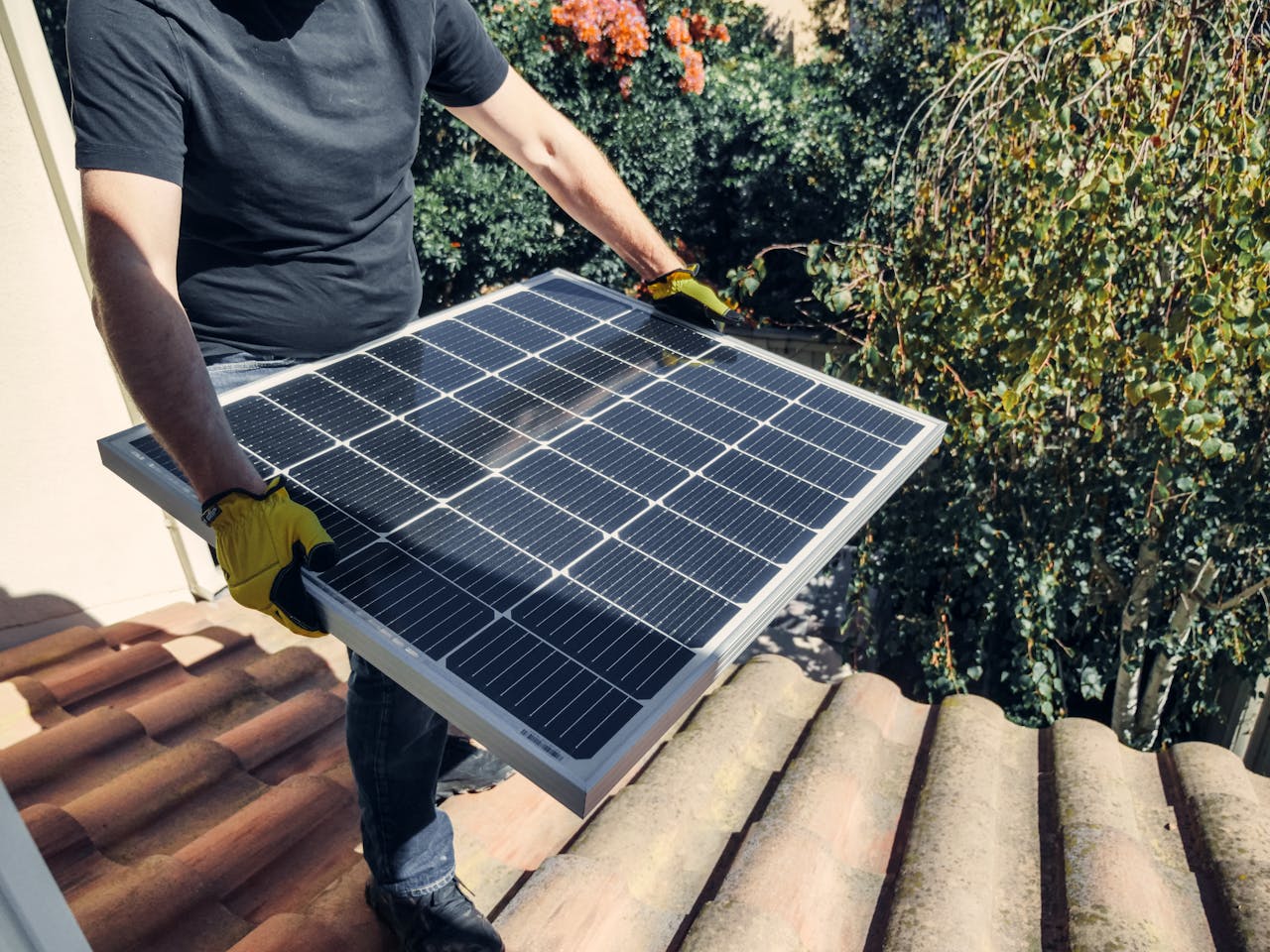
In many states, solar access laws now restrict how far a homeowners association can go in blocking rooftop panels, allowing only reasonable rules on placement. These protections treat sunlight as part of the home’s economic value, not just a shared view for the block. Owners who invest in panels stand on firmer ground when complaints arrive, and dark shingles start to feel like wasted space. It is a clear tilt toward practical independence tied directly to the roofline.
Open Range And Fence-Out Country

In traditional open range states, ranchers are not always required to fence cattle in; instead, neighbors must fence unwanted cows out. For rural owners, that flips the assumed rule many suburban transplants bring with them. Disputes over trampled gardens or dented trucks often hinge on whether a proper fence stood in place, tying compensation to simple posts and maintained wire. The message is blunt: understand fence law before hoofprints and tire tracks become evidence.
The Texas Homestead Stronghold
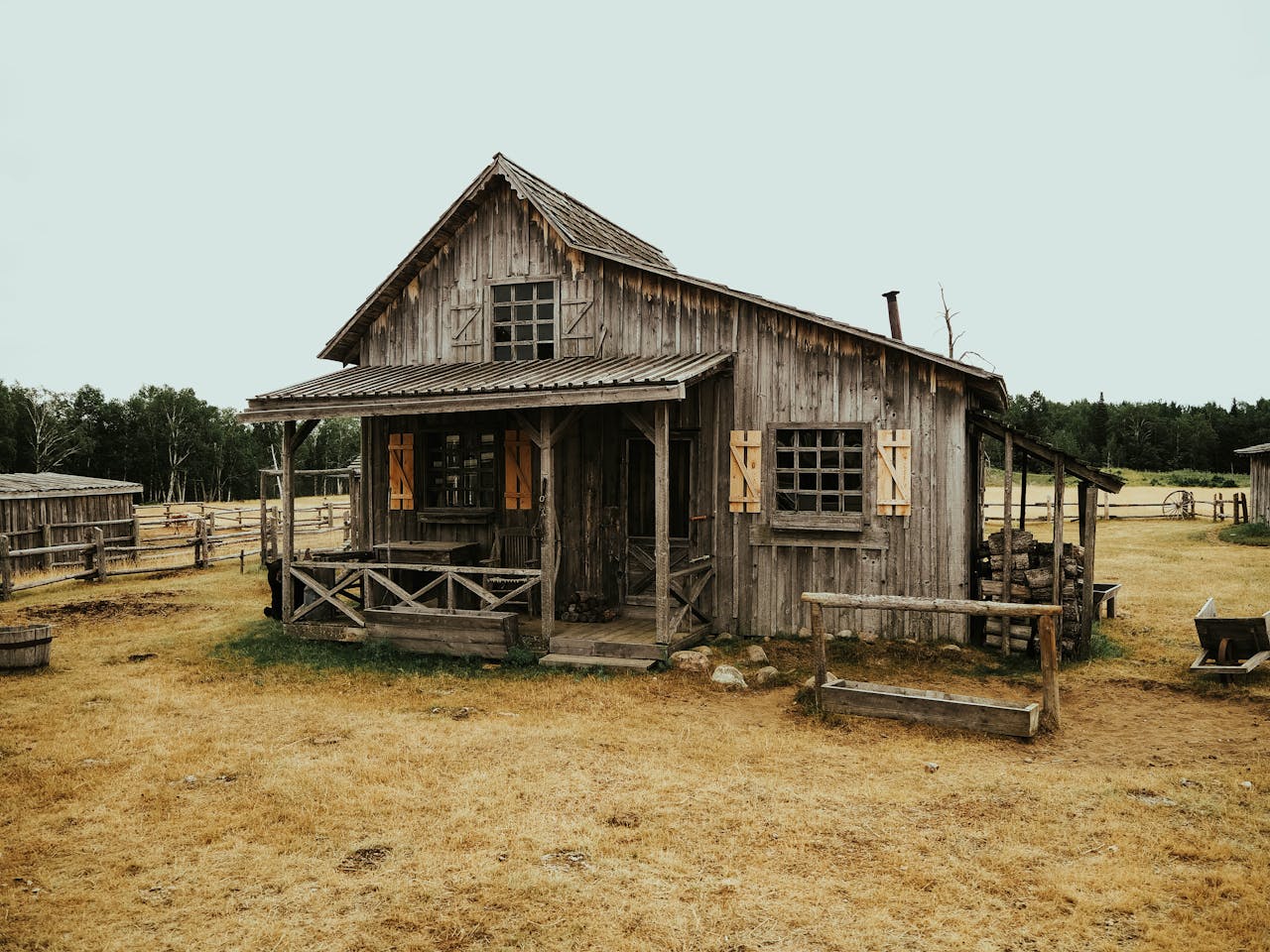
Texas treats the primary residence as a stronghold against many unsecured creditors, offering protections that stand out nationally. The idea reaches back to frontier thinking: families should not lose their roof over ordinary debts. Mortgages, taxes, and specific claims still reach the property, but many others stop at the homestead line, turning one address into a legal shield as well as a mailbox. It shapes how Texans weigh risk, entrepreneurship, and the pull of staying put.
When Backyards Become Burial Grounds
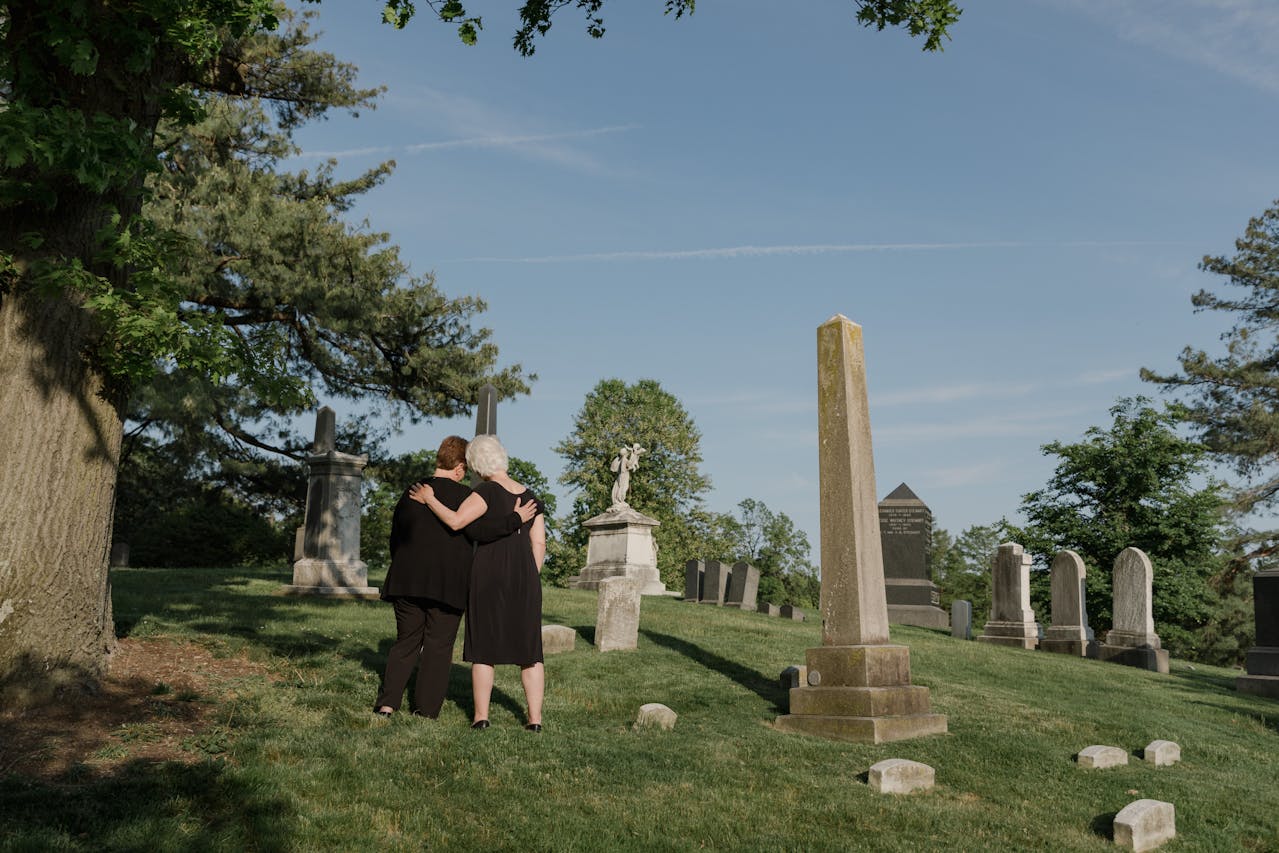
In several states, private land burials remain legal under tight rules, especially on rural property, as long as families follow depth requirements, distance from water, and local permits. Choosing this path turns part of a homestead into lasting ground for relatives, blending personal ritual with zoning maps and health codes. The process demands planning and paperwork rather than secrecy. The result is a property that carries memory, responsibility, and serious questions for anyone who may someday buy it.
The Odd Geometry Of Tree And Fruit Rights
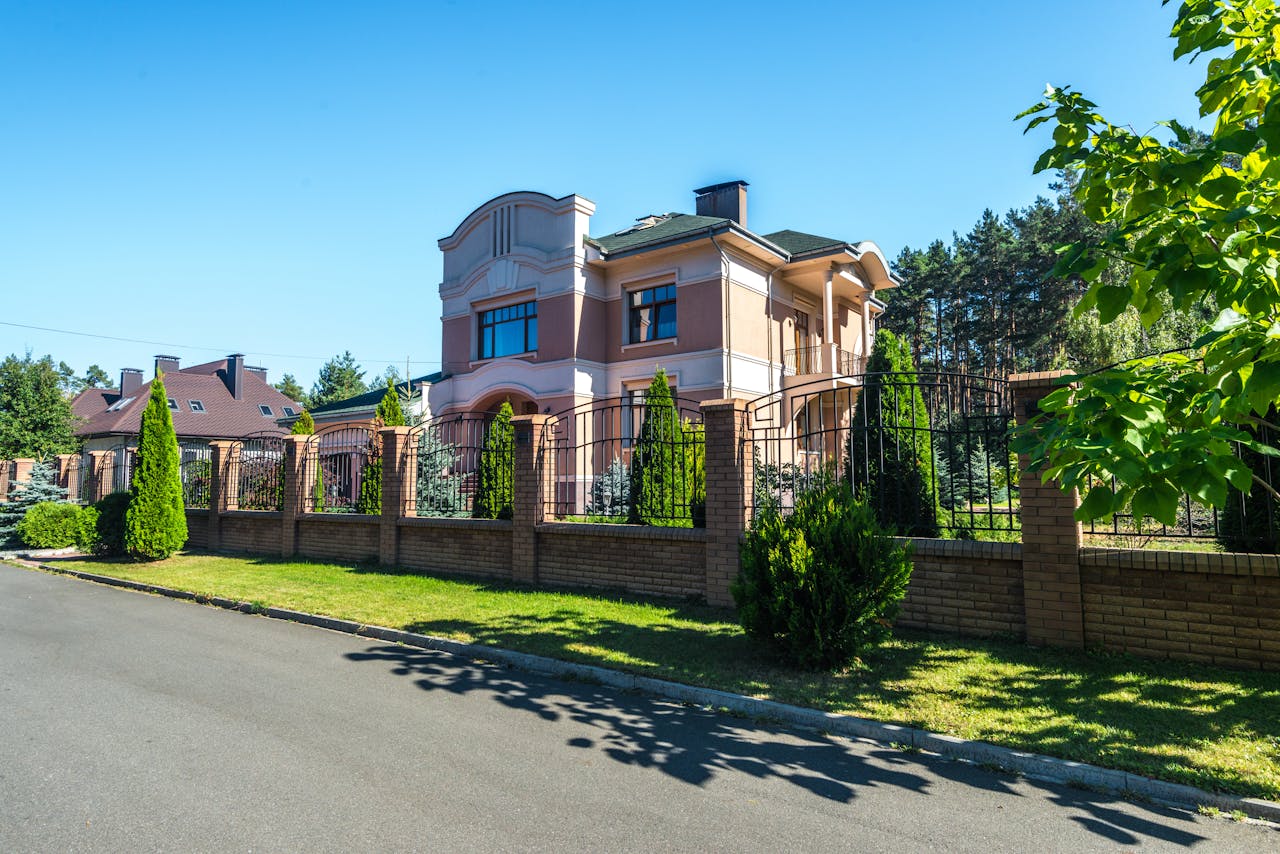
Property lines and trees create one of the strangest everyday puzzles. Often, the land holding the trunk owns the tree and its fruit, while the neighbor may trim branches at the line if the work does not kill it. Arguments over shade, cracked pavement, or fallen lemons end up guided by careful rules that most people learn only after a fight. A simple overhanging limb becomes a technical conversation about roots, rights, and respect.
Adverse Possession: Sleeping On Land
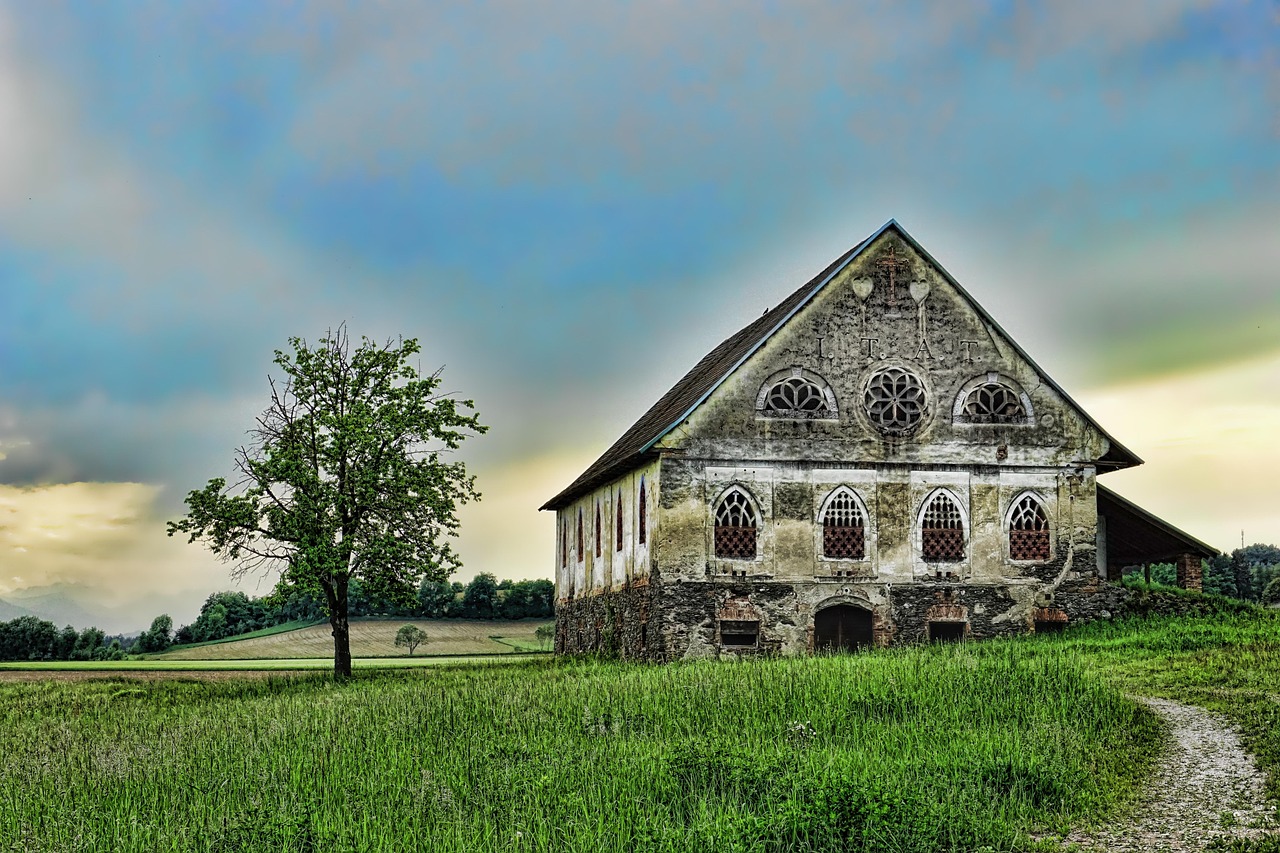
Adverse possession allows someone who openly and continuously uses neglected land for years to ask a court to recognize ownership. Each state sets its own timeline and conditions, but the core idea is steady: law prefers active stewardship over forgotten corners on a dusty deed. Strips behind fences, misdrawn lines, or long-ignored lots can eventually shift hands. It is a strange device, but it forces clarity and nudges owners to actually walk what they claim.
Arizona’s Shield For Short Term Rentals

Arizona has drawn a firm line by limiting how aggressively cities can ban short term rentals, treating them as a permitted residential use with targeted tools for safety and nuisance. Local governments can respond to noise or abuse, but cannot casually erase the business model. The result is a landscape where spare rooms and second homes operate as micro enterprises under state protection, while neighbors and towns negotiate the real impact at street level.
